The Arrival of China’s New Ambassador to Cambodia: A Prelude to Global Power Contest
The recent appointment of China’s new ambassador to Cambodia, Wang Wenbin, has stirred speculation about a potential rivalry between global superpowers in the Southeast Asian country. This development signifies the onset of a potential struggle for influence in the region, prompting expectations of the United States and Australia deploying their seasoned diplomats with expertise in China relations in response.
These strategic personnel changes are taking place at a pivotal time, less than a year into the first term of Prime Minister Hun Manet, a graduate of the U.S. Military Academy at West Point and Cambodia’s first new prime minister in decades. As the son of Hun Sen, Cambodia’s long-time leader, Hun Manet represents a new generation of Cambodian People’s Party politicians. There is keen interest in observing whether he will maintain the “ironclad friendship” with China established by his father or seek to redefine Cambodia’s relations with global powers.
Presently, China holds a dominant position as Cambodia’s largest trading partner and a significant source of foreign investment and development assistance. Its Belt and Road Initiative and other collaborative efforts signify its commitment to strengthening these ties. However, challenges arise from Cambodia’s concerns about overreliance on China, efforts to balance relations with the West, and public unease regarding corruption and the uneven benefits of Chinese investments.
Wang’s extensive diplomatic background, including his tenure as a Chinese Foreign Ministry spokesperson and former ambassador to Tunisia, positions him as a formidable representative. Referred to as a “wolf warrior” diplomat, Wang’s reputation precedes him, and analysts anticipate that he will maintain or enhance China’s influence within the Cambodian government and the region.
The anticipated appointments of new ambassadors by the United States and Australia also demonstrate an intensified focus on Cambodia. The U.S. has chosen Robert Forden, a distinguished career diplomat with significant experience in both Beijing and Taipei, while Australia has named Derek Yip, who has served in Beijing and held a crucial role in the Foreign Ministry’s East Asia political branch.
These diplomatic changes indicate a potential battleground, particularly concerning the South China Sea and the controversial Ream naval base. Analysts also forecast that strengthening ties with Japan could diminish Chinese influence in Cambodia and contribute to a more balanced approach to foreign relations.
The significance of Cambodia in the broader U.S.-China rivalry is evident within the context of geopolitical strategies and alliances in the Indo-Pacific region. Maintaining a strong partnership with Cambodia offers crucial geopolitical leverage and strategic positioning for both China and the United States within the region.
Reflecting Cambodia’s strong bond with China, the recent naming of a section of Phnom Penh’s newly constructed third ring road as “Xi Jinping Boulevard” underscores the depth of the Cambodia-China friendship. While China’s ongoing commitment to Cambodia is apparent through its funding of various infrastructure projects, the full extent of Wang’s influence on Chinese tourism and investment in Cambodia’s post-COVID recovery remains to be seen. Nevertheless, it is evident that the evolving dynamics within the region carry significant implications for the global balance of power and influence.
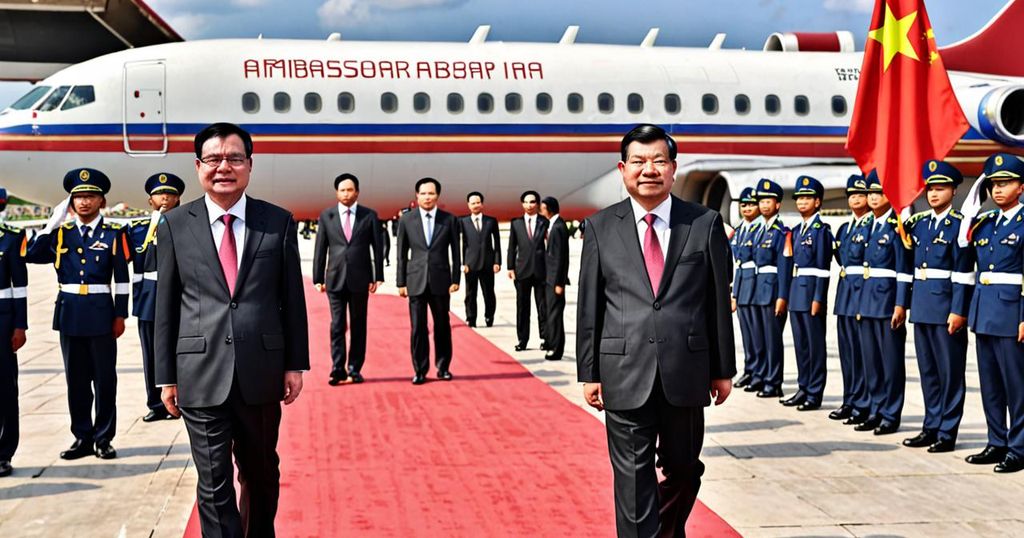
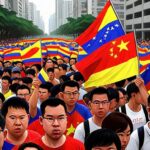


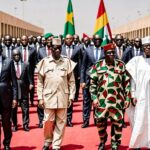
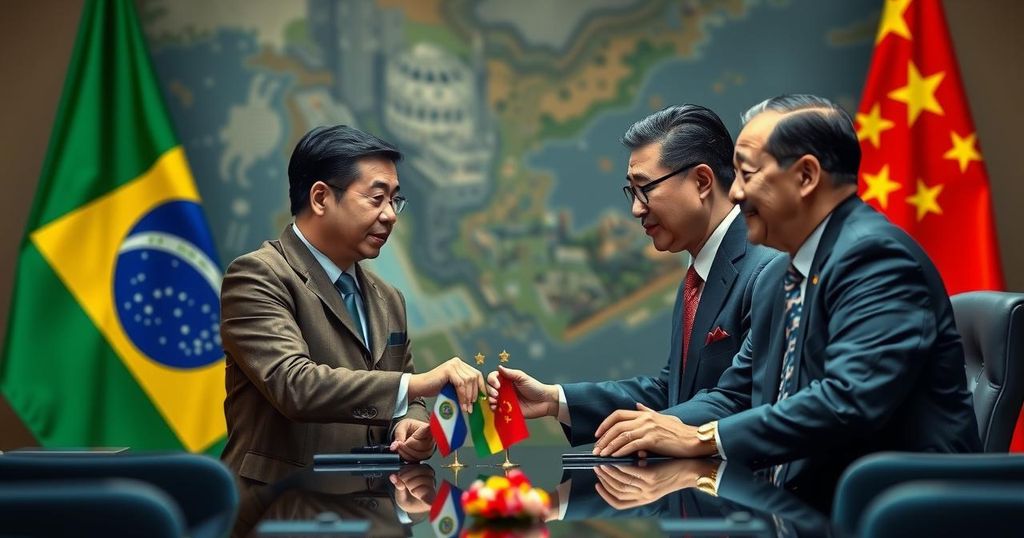
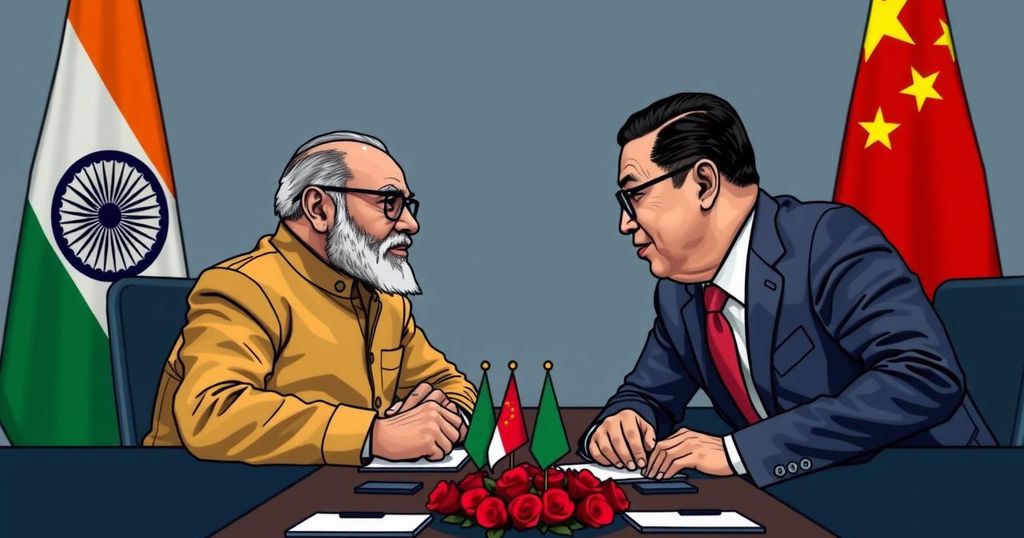
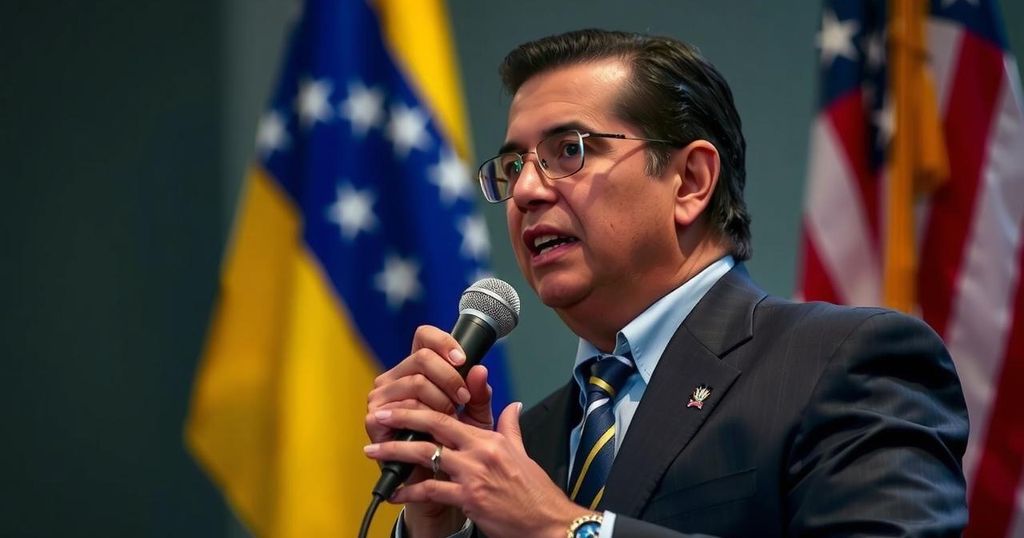
Post Comment